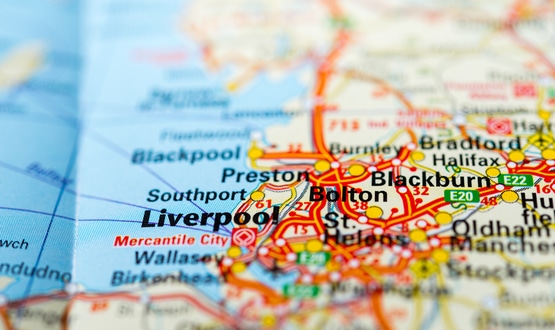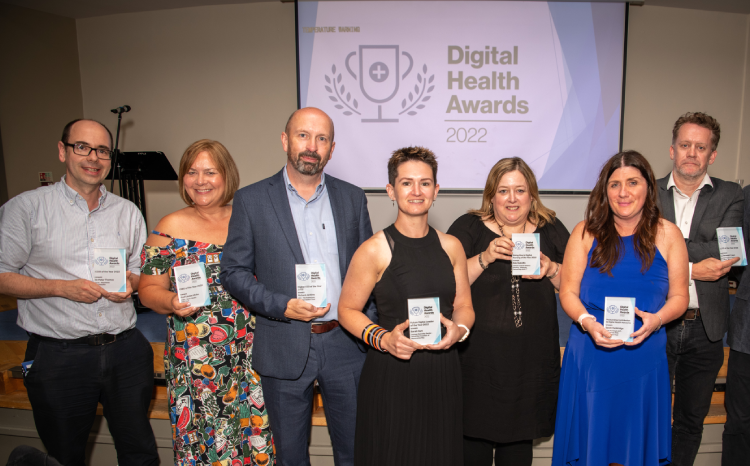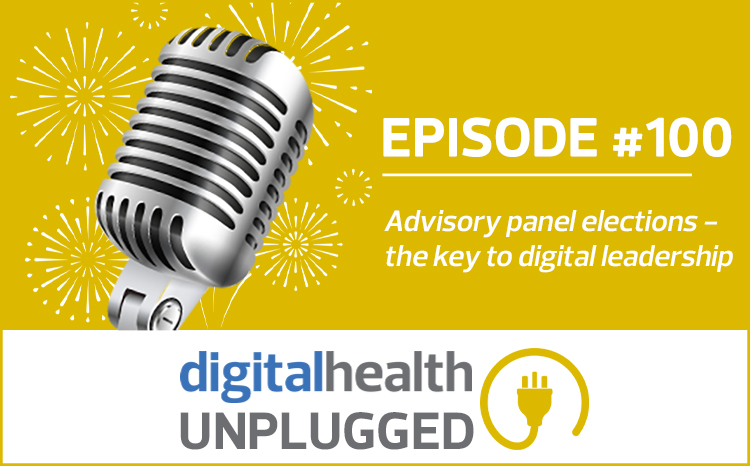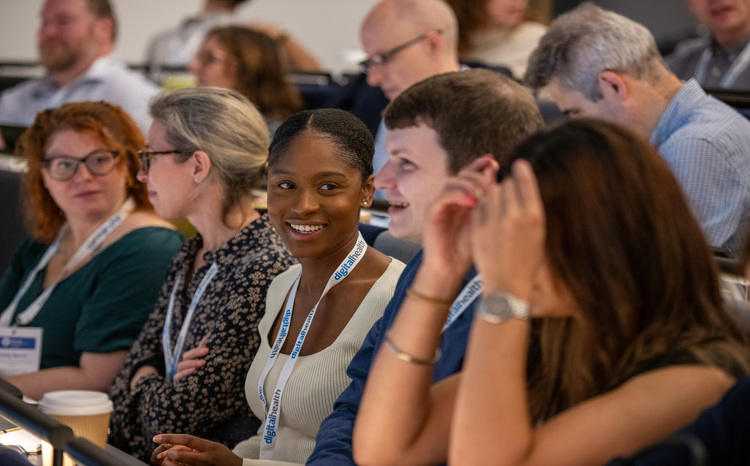North west based “robodocs” talk telehealth Covid-19 programme
- 17 November 2020

Two “robodocs” working across the north west of England have spoken about how they helped develop a tele-neonatology programme in response to Covid-19.
Dr Chris Dewhurst, clinical director for the Liverpool Neonatal Partnership at Liverpool Women’s Hospital and Simon Minford, a clinical innovation consultant and lead for telehealth at Alder Hey Children’s NHS Foundation Trust, were both guest speakers at the latest Digital Health Networks regional event, which was focussed on the North West.
The pair, who were dubbed “robodocs” by the event’s chair Phillipa Winter, spoke about how robots were rolled out from April 2020 to provide “virtual consultations” with patients.
Minford explained how listening to families was key, adding that they had received positive feedback.
“They [families] really got how it was a positive thing, they could actually get more than they got before,” he said.
“Previously a lot of the conversations were neonatologists to neo-natal surgeons as a two-way conversation but now that conversation was happening in the room through a robot so they could actually ask and get clarification and be part of that discussion.
“One of the things we felt was very important is ‘did the the families know what was happening’ and the feedback was that they all knew a plan after every consultation, which is really good.
“But not only did they feel it was good, 40% of families said it was as good as being there face-to-face and that was a bit of a surprise because our natural inclination is to think that it’s not quite as good.”
Minford also explained how families knew the reasoning behind having the “virtual consultants”.
“Parents just understood why we were deploying this technology because of the pressures of Covid,” he said.
While the tele-robots did receive positive feedback, Minford added there were “challenges” which included poor signal leading to bad communication.
However, Minford added that he took the “disadvantages” as a sign there are still things that need to be learnt and ironed out.
This latest Networks event follows one focused on the south east and the midlands.
Visit out events page for all our upcoming events.




